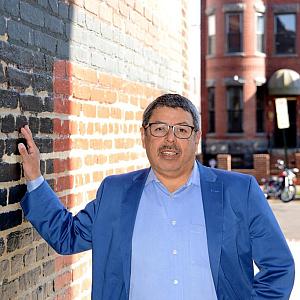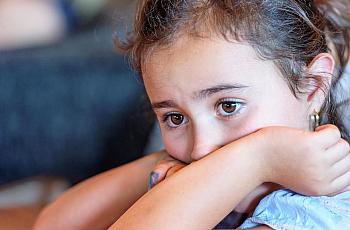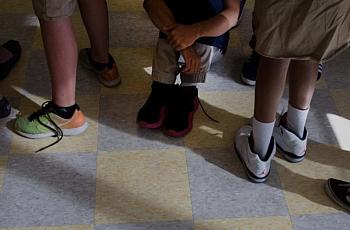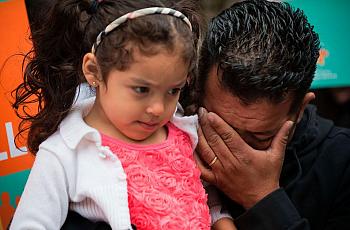
Ruben Castaneda
Staff Writer

Staff Writer

The negative psychological effects over fear of enforcement actions by ICE agents are being felt most acutely by undocumented parents and parents who have temporary protected status.

A reporter recounts his journey to find the stories that shed light on how Trump’s rhetoric and policies are impacting the health and wellness of kids of undocumented immigrants.

This article was produced as a project for the Dennis A. Hunt Fund for Health Journalism, a program of the USC Annenberg Center for Health Journalism. It's the fifth in a series of stories exploring how the Trump administration's immigration policies are affecting the physical, mental and emotional

This article was produced as a project for the Dennis A. Hunt Fund for Health Journalism, a program of the USC Annenberg Center for Health Journalism. It's the fourth in a series of stories exploring how the Trump administration's immigration policies are affecting the physical, mental and emotional

This article was produced as a project for the Dennis A. Hunt Fund for Health Journalism, a program of the USC Annenberg Center for Health Journalism. It's the third in a series of stories exploring how the Trump administration's immigration policies are affecting the physical, mental and emotional

Dulce Castro, an 18-year-old DACA beneficiary, used to sleep eight hours a night, but since Trump announced he was ending the program on Sept. 5, she's been lucky if she gets four hours of uninterrupted rest.

More children of undocumented immigrants now live in fear and survival mode as the Trump administration’s aggressive immigration enforcement policies distress them as never before.

The anxiety is so great that some undocumented adults have at times put themselves under a form of house arrest due to fears of being picked up by ICE agents.